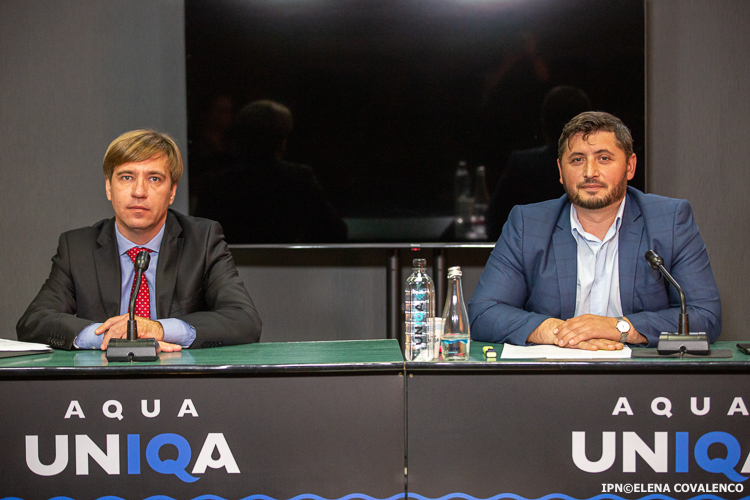Of the about 2,700 persons with mental and intellectual disabilities who were in psychiatric institutions on election day, 2,275 were eligible to vote and 650 of these voted.
Vanu Jereghi, director of the Moldovan Institute for Human Rights (IDOM), in a news conference hosted by IPN said the fact that a person is in an institution does not necessarily mean that this has serious mental problems. Some of the persons are there because the state, many years ago, didn’t have where to accommodate them and lodged them there.
Moldova ratified among the first countries the Convention on the Rights of Persons with Disabilities and this document should be mandatorily respected on the country’s territory. The authorities periodically report to the UN on the steps taken to ensure the observance of the rights of persons with disabilities. Vanu Jereghi considers that when the document was ratified, the state wasn’t financially and technically prepared to fulfill the assumed obligations.
The IDOM director said the situation has improved considerably since 2009. In general, the institutions know what they should do and how to guarantee the respect for the right to elect of the persons staying there. In Moldova, there are three psychiatric hospitals. There are hospitals where persons can stay for more than 30 days and then go home to continue the treatment or no longer are administered treatment. There are also placement centers for persons with disabilities, where the persons live, some of whom all their life.
Vanu Jreghi referred also to institutional problems, giving as example the institution in Cocieri. Even if this institution is within the jurisdiction of the Republic of Moldova, it is physically located beyond the illegal Transnistrian checkpoint and the mobile ballot box cannot pass. The previous years, the persons from that institution who wanted to vote were provided with transport, but this year this wasn’t possible. Of 200 persons, only one person voted.
Most of the persons who are in psychiatric hospitals stay there voluntarily, but do not have IDs with them as the administration takes the papers away from them. Also, the persons could not go to vote because the doors of sections were closed, noted the IDOM director.
Another problem related to the local elections is that the persons cannot vote if they are in another locality than the one where they have the domicile or residence. Vanu Jereghi said the state argues there are no financial resources to send the ballot to that constituency, but they consider such an argument is not really substantiated.
Note: IPN News Agency offers the right of reply to persons who consider they were touched by the news items produced based on statements made by the organizers of the given news conference, including by facilitating the organization of another news conference in similar conditions.
- Veronica Mihailov-Moraru, from minister to presidential advisor in justice
- The EU has approved the 19th package of sanctions against Russia
- The President of the European Parliament, Roberta Metsola, is coming to Chisinau on November 6
- A new position at the CEC, that of the general secretary
- The registration for compensations begins on November 3, minister


